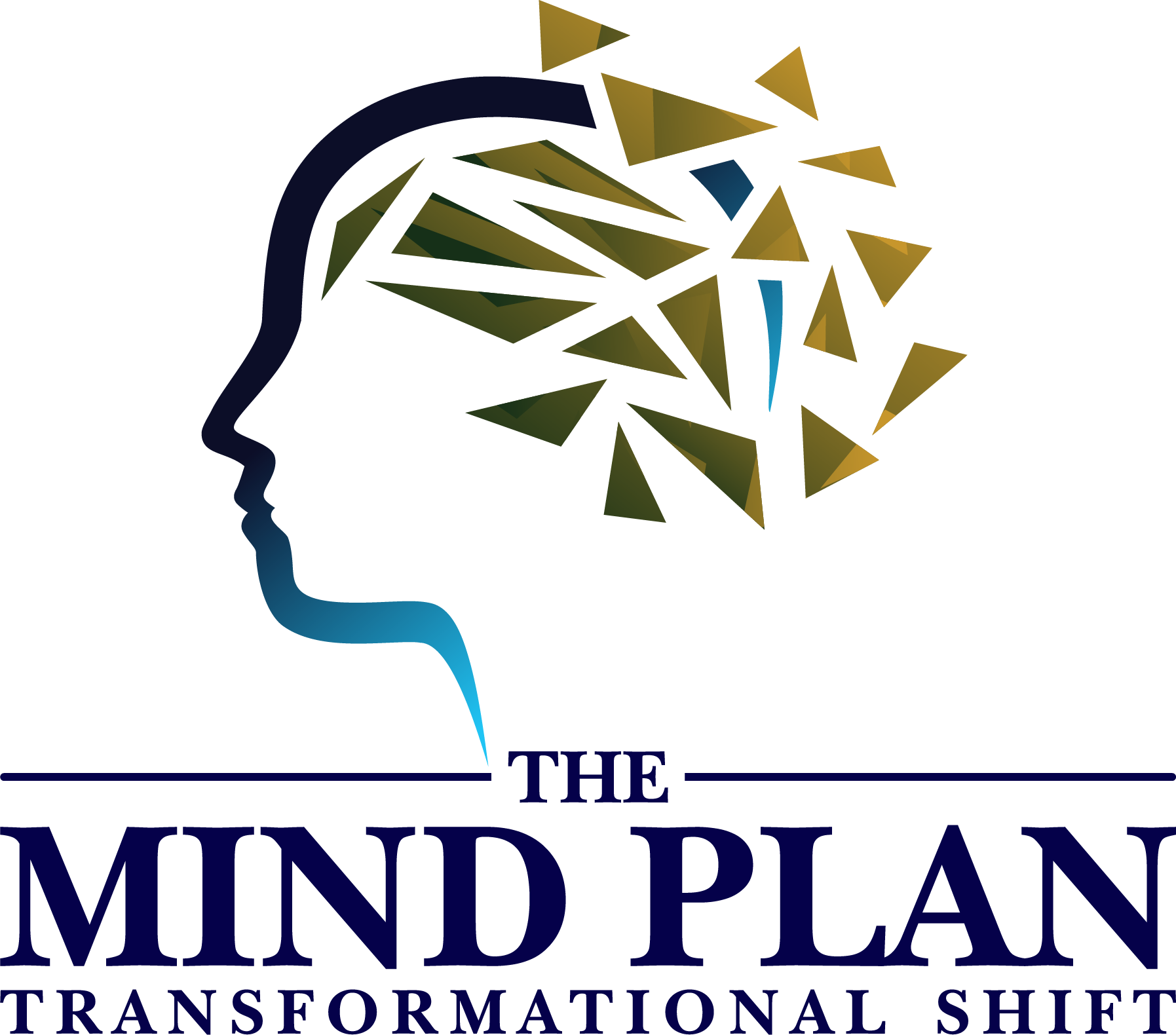Understanding Loss and Its Emotional Impact
The Nature of Loss: More than Just Grief
Emotional Responses to Loss
Long-term Emotional Impacts
The Role of the Subconscious Mind in Grieving
What is the Subconscious Mind?
How the Subconscious Influences Our Grief
Subconscious Triggers and Memories
Mindfulness and Meditation
Cognitive Behavioral Techniques
Using Visualization for Healing
Real-life Stories of Transformation Through Subconscious Healing
Lessons Learned and Shared
The Role of Community and Shared Experiences
Practical Steps to Start Your Journey Toward Healing
Daily Practices to Engage the Subconscious Mind
Resources and Help Available
The Scientific Perspective on Subconscious Mind and Healing
Research on the Subconscious and Emotional Health
Breakthroughs in Psychology and Neurology
FAQs on Dealing with Loss and Subconscious Mind
Common Questions and Expert Answers
How to Know When to Seek Help
Overcoming Stigma in Seeking Professional Help
